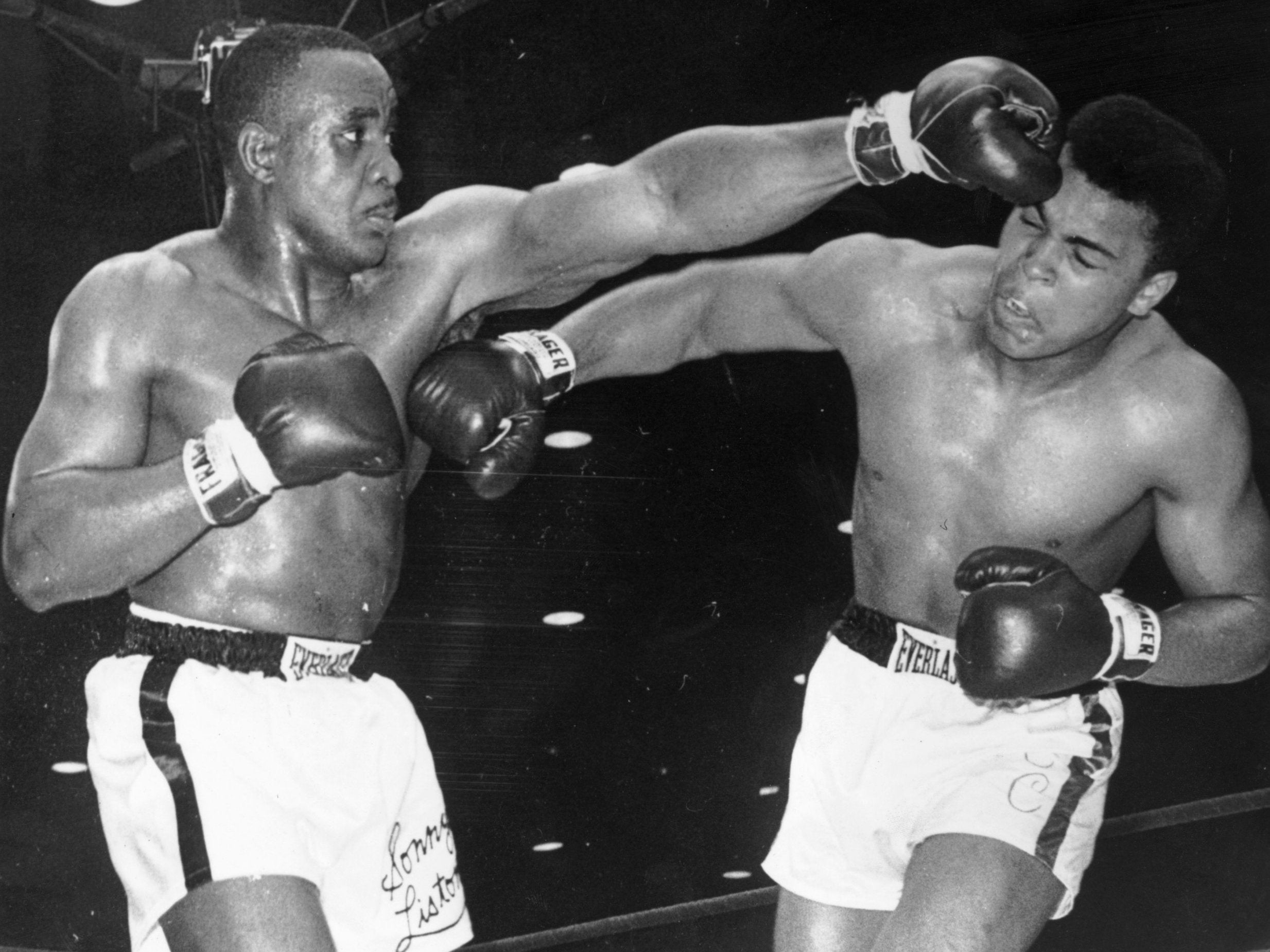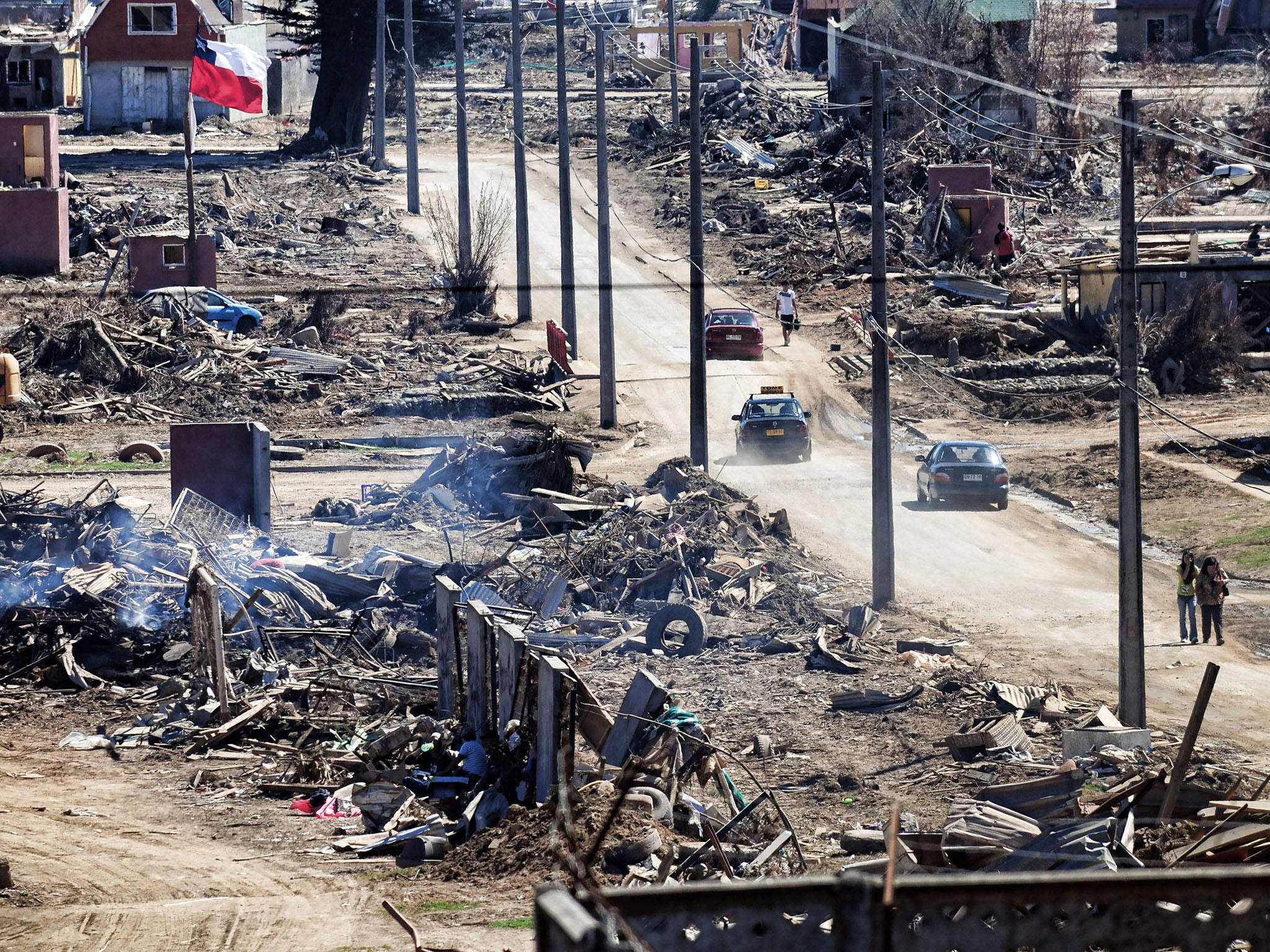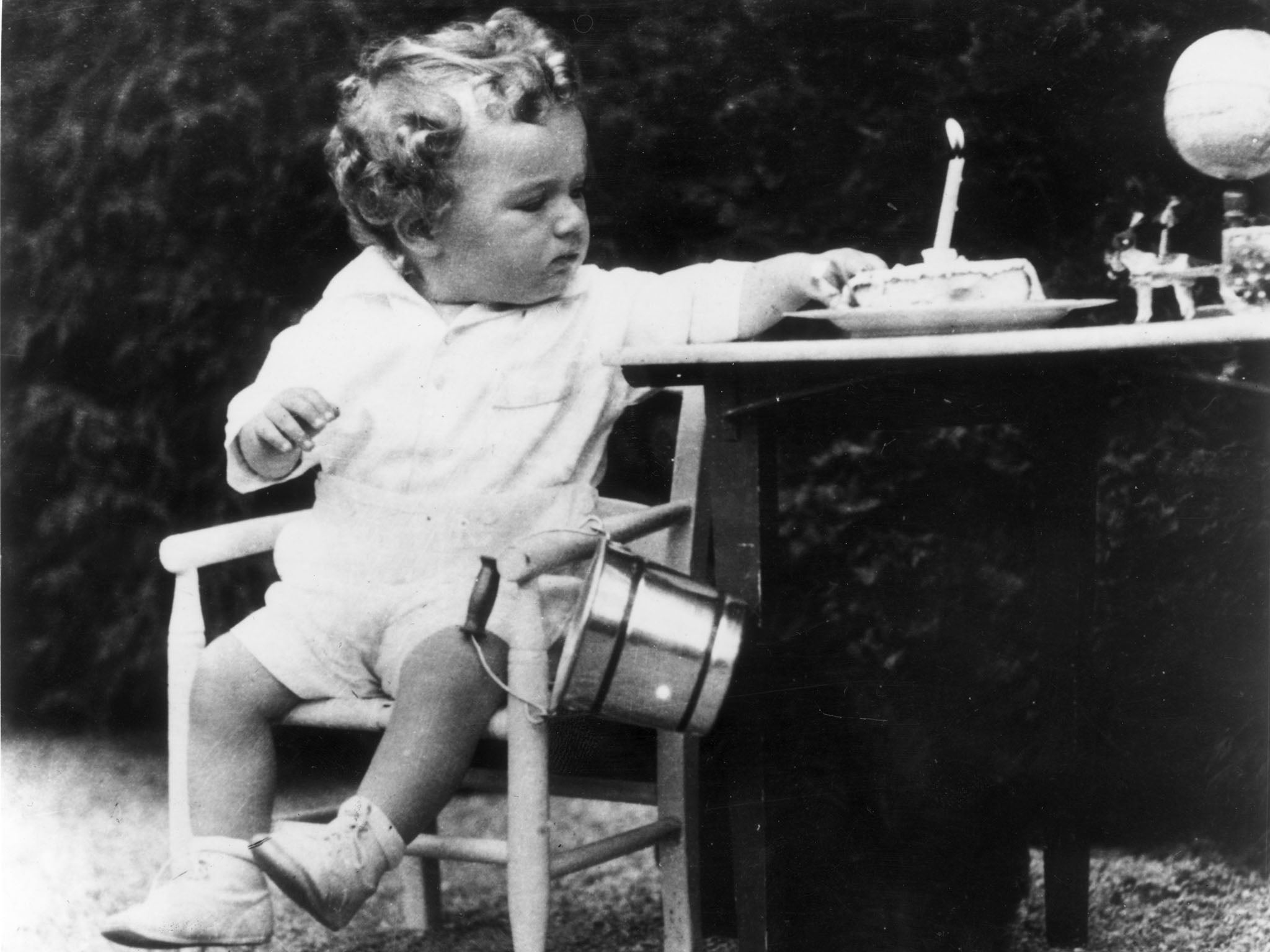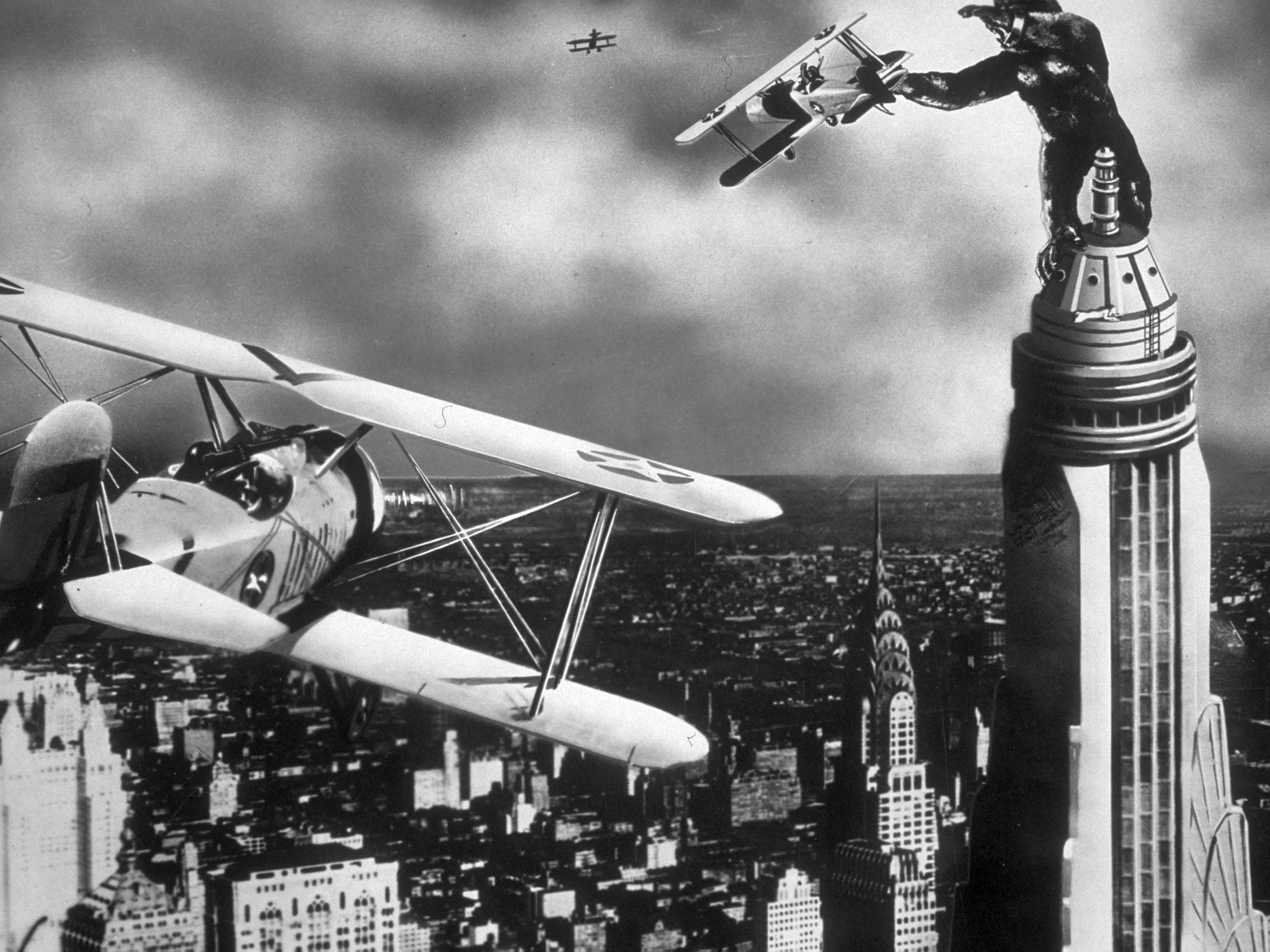The world this week: Jazz history meets feats in cinema
Libby Stanford trawls the archives for key events and notable deaths from this week in history

Your support helps us to tell the story
From reproductive rights to climate change to Big Tech, The Independent is on the ground when the story is developing. Whether it's investigating the financials of Elon Musk's pro-Trump PAC or producing our latest documentary, 'The A Word', which shines a light on the American women fighting for reproductive rights, we know how important it is to parse out the facts from the messaging.
At such a critical moment in US history, we need reporters on the ground. Your donation allows us to keep sending journalists to speak to both sides of the story.
The Independent is trusted by Americans across the entire political spectrum. And unlike many other quality news outlets, we choose not to lock Americans out of our reporting and analysis with paywalls. We believe quality journalism should be available to everyone, paid for by those who can afford it.
Your support makes all the difference.The world this week...
25 February
The state of Prussia was officially dissolved in 1947. It encompassed parts of modern-day Germany, Poland and Russia.
Muhammad Ali (then still known as Cassisu Clay) became the world heavyweight champion in 1964, beating Sonny Liston in Miami Beach, Florida.
In 1986 Corazon Aquino was sworn in as president of the Philippines. She was the first female president in Asia and her presidency marked the end of 20 years of dictatorship in the country.
Deaths: Emperor Dezong of Tang, 805; Mark Rothko, 1970, American painter; Elijah Muhammad, 1975, American religious leader; Donald Bradman, 2001, Australian cricketer.
26 February
In 1909, a colour movie was shown to the general public for the first time. The series of 21 short Kinemacolor films were shown at the Palace Theatre in London.
The world’s first jazz record was created in 1917. The Original Dixieland Jass Band created the “Livery Stable Blues”.
In 1920, The Cabinet of Dr. Caligari premiered. Directed by Robert Weine, it was the first German expressionist film. It’s considered one of the best silent horror films.
The world wide web was presented to the public in 1991. It was developed by Tim Berners-Lee, a British computer scientist who also invented the internet.
In 1993, a car bomb exploded underneath the World Trade Centre in New York City, killing six people. The attack was carried out by Islamist militants.
Deaths: Joseph de Maistre, 1821, French diplomat; Vinayak Damodar Savarkar, 1966, Indian politician; Robert Aickman, 1981, English author; Roy Eldridge, 1989, American trumpet player; Bill Hicks, 1994, American comedian.

27 February
English physicist James Chadwick discovered the neutron in 1932. He was awarded the Nobel prize for the discovery.
In 1933 Germany’s parliament building was set on fire. The Nazis used the fire to justify harsh repression against political opponents. It was a pivotal moment in the establishment of Nazi Germany.
A non-violent protest in Berlin in 1943 prevented the deportation of 2,000 Jewish people.
A Muslim mob set a fire to a train carrying Hindu pilgrims in 2002. The fire killed 59 people.
In 2010, an 8.8 magnitude earthquake hit Chile and left more than 500 people dead.
Deaths: Ivan Pavlov, 1936, Russian physiologist and Nobel prize laureate; Konrad Lorenz, 1989, Austrian zoologist and Nobel prize laureate; Spike Milligan, 2002, Indian and Irish actor, singer, screenwriter and author; William F Buckley Jr, 2008, American publisher, author, and founder of the National Review; Frank Buckles, 2011, American soldier.

28 February
Nylon was invented in 1935. Wallace Carothers produced the polymer at DuPont Experimental Station in Wilmington, Delaware.
A London tube train crashed into the end of the tunnel at Moorgate station in 1975. The crash killed 43 people and was the deadliest peacetime accident in the London Underground.
The Swedish prime minister Olof Palme was assassinated in 1986. Although 130 people have confessed to the murder, the case has never been solved.
The First Gulf War ended in 1991. The conflict resulted in the deaths of 100,000 civilians.
Pope Benedict XVI resigned in 2013. He became the first leader of the Catholic church to leave the post since 1415.
Deaths: Henry James, 1916, American and English author; Friedrich Ebert, 1925, First president of Germany; Billy Thorpe, 2007, English and Australian singer-songwriter, guitarist and producer; Paul Harvey, 2009, American radio host.

1 March
French physicist Henri Becquerel discovered radioactivity in 1896. He discovered the chemical reaction by accident when he was attempting to prove that uranium salts would emit radiation with sunlight.
Aviator Charles Lindbergh’s toddler son was kidnapped in 1932. The US Supreme Court convicted Bruno Richard Hauptmann of the kidnapping and murder of the one-year-old and gave him the death penalty.
The US tested a hydrogen bomb in Bikini, Hawaii, in 1954. At the time it was the biggest human-made explosion.
In 1998, Titanic became the first film to gross more than $1bn. The film, directed by James Cameron, had a budget of $200m.
Deaths: Girolamo Frescobaldi, 1643, Ferrarese pianist and composer; George Grossmith, 1912, English actor and singer; Dixie Dean, 1980, English footballer; Arthur Koestler, 1983, Hungarian and English author and journalist; Alain Resnais, 2014, French director, cinematographer and screenwriter.

2 March
King Kong premiered in 1933. The movie was a milestone in the history of film because of its use of stop-motion effects.
Miles Davis began recording his album Kind of Blue in 1959. It is considered the bestselling jazz album of all time.
The supersonic airliner Concorde flew for the first time in 1969. It was in the air for just 27 minutes before landing.
Rhodesia declared itself as independent in 1970. Rhodesia’s prime minister at the time, Ian Smith, signed the proclamation officially dissolving the parliament and introducing a new republican constitution.
Deaths: Anne of Denmark, 1619; DH Lawrence, 1930, English novelist; Philip K Dick, 1982, American author; Serge Gainsbourg, 1991, French singer-songwriter, actor, and director; Dusty Springfield, 1999, English singer and producer.

3 March
The Ottoman caliphate in Turkey was officially abolished in 1924. This marked the end of the 600-year-old Ottoman Empire.
The world’s fastest steam locomotive, the Mallard, was built in 1938. It could reach a speed of more than 100mph.
A Turkish jet crashed near Paris, killing all 345 people on board in 1974. The crash was the worst in aviation history at the time.
UK miners called off a year-long strike in 1985. The action was in response to National Coal Board chair Ian MacGregor’s plans to 20,000 jobs.
A video of police beating Rodney King came to light in 1991. The Los Angeles incident marks one of many examples of police brutality against African Americans.
Deaths: Robert Hooke, 1703, English scientist; Johann Pachelbel, 1706, German composer; Aurangzeb, 1707, Mughal emperor; Herge, 1983, Belgian illustrator; Danny Kaye, 1987, American actor.
Join our commenting forum
Join thought-provoking conversations, follow other Independent readers and see their replies
Comments